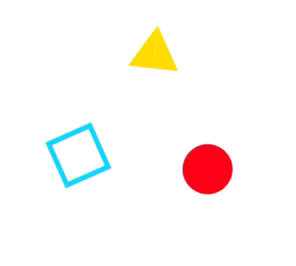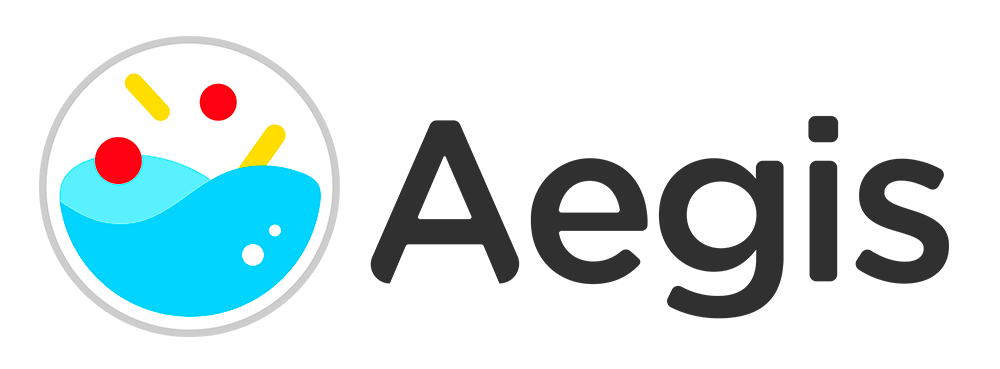The journey to the Giant Jamboree is not always a bed of roses. iGEM competition is such an adventure, and no adventurer can succeed without help. So, as one more step of our project, we took all we had to offer and we shared it with other teams, letting our mutual knowledge grow day by day while learning from our common experiences. Go alone and you will be faster, reads the proverb, but if we go together we will go far.
1 iGEM Collaborations
Madrid iGEM Hub
Bringing together both undergraduate and high-school teams has been a great opportunity to learn from each other and gain new insights and valuable additions for the lab’s daily routine. The high-school team has contributed a fresh, creative and enthusiastic perspective on working on the lab. They are the perfect reminder of what brought us all here, which is something that should never be forgotten. This dynamic of constant exchange has been one of the most important experiences of this year’s competition. More about this collaboration can be found under the “Education and Public Engagement” section.

Aptamer-Hub
The aim of the iGEM Aptamers Hub is to facilitate the use of aptamers not only during the iGEM competition but also in laboratories worldwide. This entails the creation of an “aptamer registry” through this new network of aptamer researchers, which provides the scientific community a wide array of useful resources to make their investigation easier.
Our team worked closely in the creation of this registry, making sure that it would gather all the aptamer sequences, aptazymes, aptaswitches and similar molecules that have been used throughout iGEM’s history. The functioning of this registry is based on an informatic tool created by our team, which allows the search of key terms across the iGEM websites from the origins of the competition to the current times. We successfully ran it in proof-of-concept mode with aptamer-related terms.
iGEM Graz
Both because of the need for careful budgeting in this competition and the feedback loop created when two teams find a common interest, we leapt to build our own hardware together. In the course of the year, we have been exchanging designs, experience and results.
This collaboration makes us incredibly proud, as both teams were able to go beyond rivalry and instantly see all the potential that this collaboration held. The curiosity about other teams’ working methods put us in contact and, even though we ended up getting solutions based in completely different hardwares, the two hardwares are compatible with either projects. Unfortunately, time constraints did not allow us to exchange the final hardware in order to perform some trials in each other’s projects, but there is a world after iGEM and the possibility remains open.
It has been an honour working with them and establishing a productive relationship.
2 Collaborations outside iGEM
Medialab-Prado, Madrid, Spain

We have always found Medialab-Prado a truly inspiring institution as we share their values and ideas. We owe them not only for the material support that this kind of initiative provides to projects like ours, but also for the value-based dimension, which taught us so much.
Instituto de Salud Carlos III, Madrid, Spain
We are particularly thankful for their awesome reception and the attentiveness that they have shown us since the first moment. They provided us with counseling, information and references, both in the scientific field and through recommendations for the development of our project.
Mboalab, Yaoundé, Cameroon
MboaLab workers have been a key actor for the successful outcome of our research, and for this we are hugely grateful. The hospitality, togetherness and determination that characterized our relationship since the very beginning have left a mark on all of us.

Molecular environmental microbiology group – Centro Nacional de Biotecnología (CNB)-Consejo Superior de Investigaciones Científicas (CSIC), Madrid, Spain
They supplied us with many reactives, ordering new ones when those required were not in the lab. Working in their facilities, we could always count on the necessary material for each experiment. And, most importantly, they opened up to us and let us work elbow by elbow and be immersed in their knowledge, abilities and experience.
We are delighted with our collaboration and want to thank everyone involved: Víctor Lorenzo’s lab for opening the door for us and helping us to develop the SynBio experimental part, Juan Nogales’ lab for training us in the secrets of MoClo and lending us his DNA parts, and, especially, Sofía Fraile for her involvement and tireless help.


Synthetic Biology and BioSystems Control Lab, Department of Systems Engineering and Control (DISA), Universidad Politécnica de Valencia, Spain
3 Meetups
Co-organization of iGEM Spanish Summit
In March 2019, we organized the First iGEM Spanish Summit in collaboration with the high-school team of Navarre, a team that has been close to us since the very beginning. Over the course of the summit, we gathered together present, past and - hopefully - future teams, and shared our experiences while encouraging prospective teams to enroll in the competition. In this way, we started the year as a united community of iGEMers.
Fun fact: we got to plant a small tree to represent our team in the Galaxy Garden that surrounds Pamplona’s Planetarium! We hope that the Spanish iGEM community will grow just like our little tree.


Attending the iGEM Spring Fest
Bonn’s iGEM team organized an incredible event at which we were met with everything an iGEMer can dream of: presentations, seminars, posters, workshops, games… and, most importantly, we got in contact with other teams, creating a research network that would prove truly valuable throughout the development of our project. We are proud of being voted the team with the “Best Poster” of the event, which meant winning some materials and resources that were more than welcome.
Sharing our past and current experiences with other teams gave us a better perspective of how big this competition us, and gave us some drops to taste of what will come after, during the Giant Jamboree!






